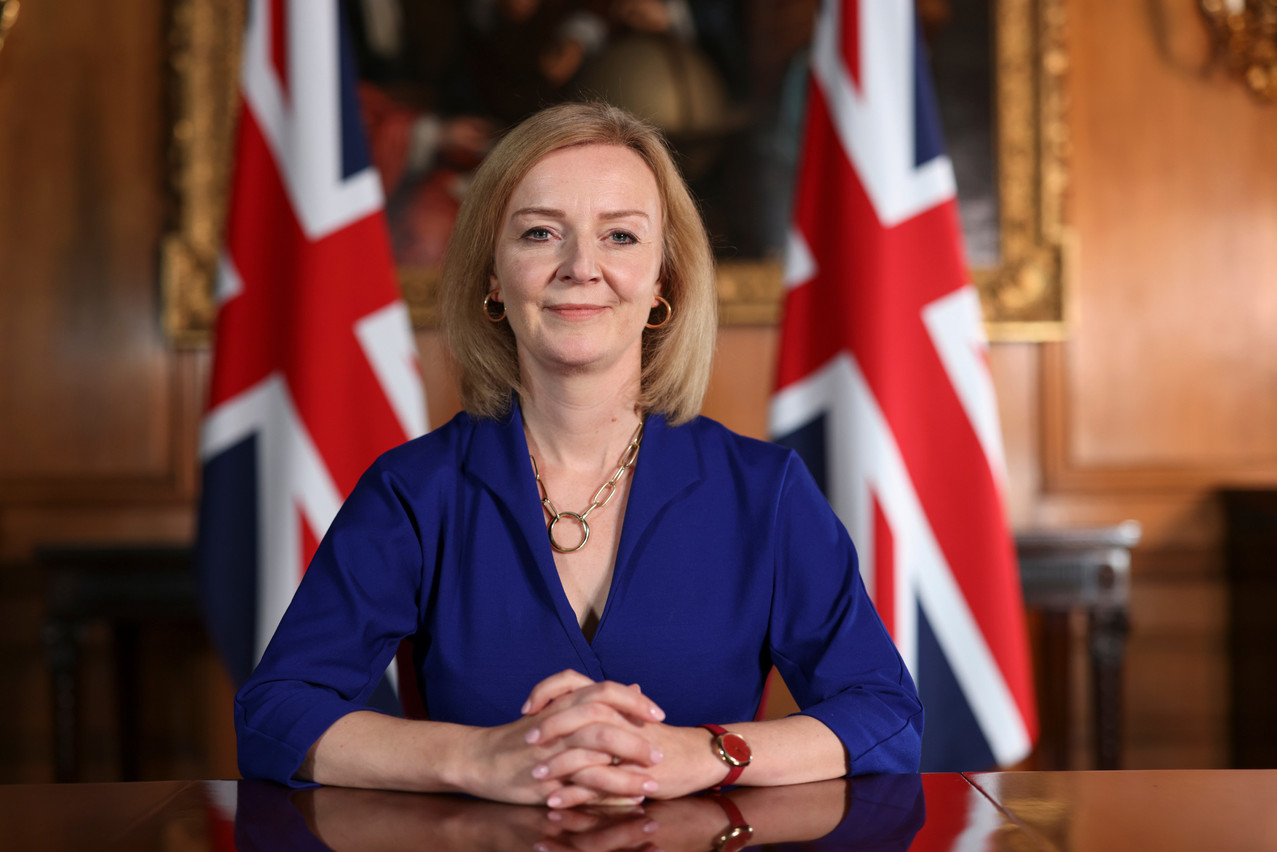Since August, around 160-180,000 members of the British Conservative party were invited to cast their vote, with final entries being registered on 2 September. Truss’ promise to cancel a scheduled increase in corporation tax, to cutting out VAT taxes and to help people with cost-of-living support will have convinced the majority of the party.
Forty-seven-year-old Truss is taking over the position held by Boris Johnson. On 7 July Johnson had announced his decision to step down following the resignation of 50 members of his government fed up with the scandals Johnson was involved in--notably attending parties during covid lockdown and finally denying awareness of sexual harassment accusations against MP Chris Pincher.
Read also
Truss was running against Rishi Sunak, a once-popular candidate and former Chancellor of the Exchequer who fell from grace after resigning from his post on 5 July 2022. His departure led to the further resignations that made Johnson’s position untenable.
Truss won with 81,326 votes against Rishi Sunak’s 60,399. Out of 172,427 eligible voters, 82.6% voted.
Energy, cost-of-living: solutions needed urgently
Awaiting Truss will be the energy and cost-of-living crisis, as UK residents will have a hard time covering their energy invoices after the steep increase in prices following the Russian war in Ukraine. Critics, however, pointed out that--unlike Rishi Sunak’s suggestion to distribute financial aid--the tax cuts proposed by Truss would benefit those with higher income more than those already struggling to make ends meet, as the Financial Times reports. Truss, though, says her priority is to get the UK economy booming again and argued t it was wrong to view all economic policy through the “lens of redistribution”.
But industrial unrest has seen several strikes take place over the summer, notably by railway workers. Unions have demanded their members’ pay be better adapted to rising inflation. Postal workers also initiated a series of four walkouts at the end of August, the largest one since 2009. Here too, insufficient wages and working conditions are at the heart of the disagreement.
Faux-pas in the media
Set to be the UK’s third female prime minister, Truss has been criticised in recent weeks for her refusal to elaborate on questions asked during interviews, or more recently, for cancelling her primetime interview with the BBC One’s veteran political journalist Nick Robinson.
Truss also garnered criticism for calling Scotland’s first minister Nicola Sturgeon an “attention seeker” and stating that “the jury is still out” on whether Macron was a friend or a foe.
Starting her ministerial career in 2012, Truss has occupied a variety of positions due to cabinet reshuffles, including environment minister, justice minister, chief secretary to the Treasury, and international trade minister, before taking on the role of Foreign secretary in 2021. Truss in December 2022 was made the British Government’s chief negotiator with the EU.
Previously a Remain-supporter, Truss has since the results of the Brexit vote changed her position. On 22 July, as news agency Reuters reports, Truss promised that if elected, she would ditch all EU laws still in use in Britain by 2023. That includes laws governing basic workers’ rights such as paid leave and a limit on working hours. She has also said she wants the UK to leave the jurisdiction of the European Court of Human Rights.
Truss’s term as prime minister could run until January 2025, when the next national elections are due to be held. However, she may decide to call an election earlier if the polls are in favour of the Conservatives.
